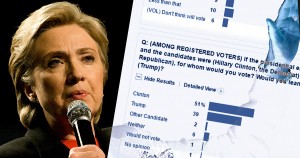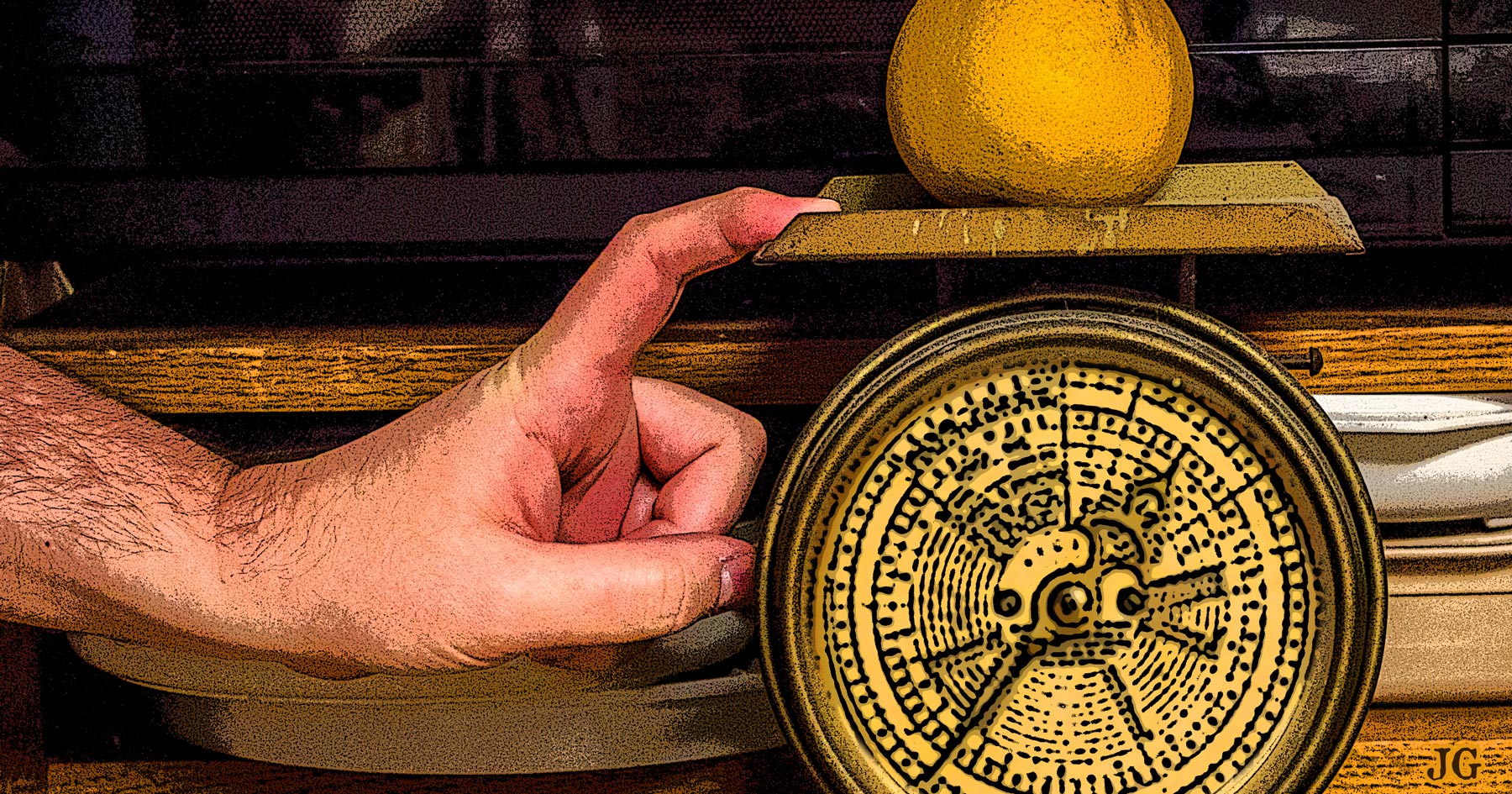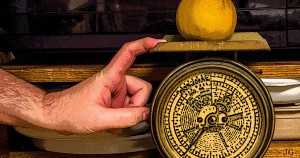Complaints about “the mainstream media” are old hat. But that doesn’t mean the complaints have lost validity.
I was struck by this while reading Matt Welch’s warning, at Reason: “Don’t Believe Any Headline Showing Hillary Clinton with a 12-Point Lead over Donald Trump.”
“There is indeed a 51 percent to 39 percent advantage for Clinton over Trump in newly released Washington Post/ABC News poll, conducted from June 20-23,” Welch concedes. “But that same survey also asked the same pool of voters to react to a far more representative ballot, i.e., one that includes Libertarian Party nominee Gary Johnson . . . and the Green Party’s Jill Stein. . . .”
The point is, leaving out Hillary’s and the Donald’s actual competition from poll results — or from poll questions, for that matter — is tantamount to misreporting. It is, in other words, “bad science” and “journalistic malpractice.”
“Clinton has yet to reach 50 percent when her proper competition is included,” Welch explains, “and Trump hasn’t even cracked 40.”
In the latest NBC/Wall Street Journal poll, Mrs. Clinton was reported to enjoy a seven-point lead, but when voters were offered all likely ballot options, including Johnson, the Libertarian, and Stein, the Green, Hillary bettered Donald by only one point: 39-38 percent.
But why would journalists and editors systematically rig the reporting of politics?
Laziness? Covering four candidates is twice as much work as covering two.
Partisan reasons? The Washington press corps has been embedded with R&D operatives for decades.
Whatever the reason, they’ve missed a huge story: the impact of these minor party candidates is major news.
This is Common Sense. I’m Paul Jacob.
Photo credit: Brett Weinstein on Flickr




